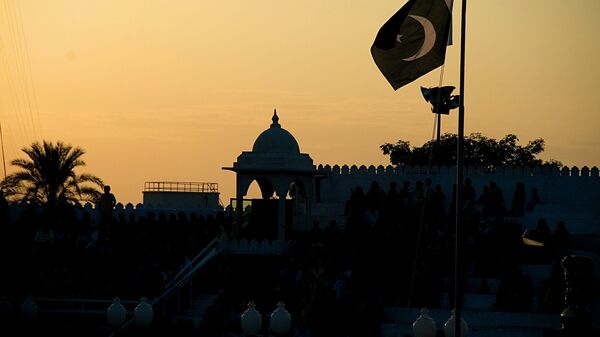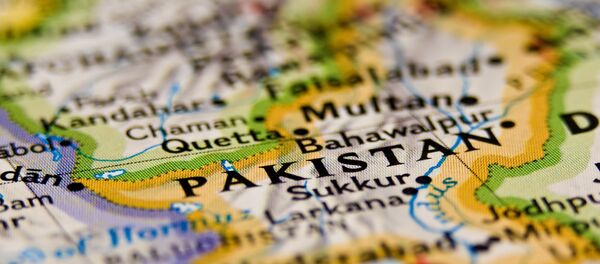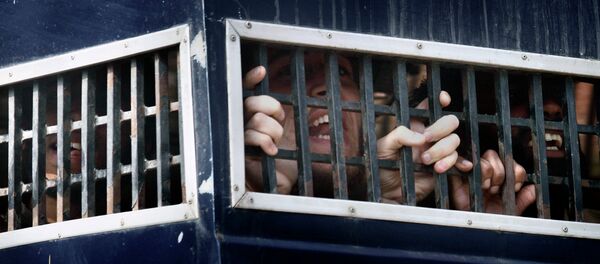"Pakistan and Russia are sovereign countries; whatever decisions they take — these are their sovereign decisions; if anybody feels threatened, then it is their prerogative but this cooperation is not aimed against any third country," Zaheer Janjua said.
The defense cooperation between Moscow and Islamabad is naturally progressing based on their partnership in such diverse areas as anti-terrorism, anti-narcotics and regional concerns, the ambassador said adding that "[other countries] should not feel threatened because they also have their own defense cooperation with third countries."
The Pakistani envoy reminded that the Defense Minister of Pakistan visited Moscow in May and his Russian counterpart Sergey Shoigu paid a return visit last month marking an important shift in relations between the two countries signing an important military cooperation agreement between Moscow and Islamabad.
This was the first visit by Russia's defense minister to Pakistan after the collapse of the former Soviet Union. The previous visit took place as far back as 1969 by USSR's Defense Minister Andrey Grechko.
Historically, military cooperation between the two countries has been very limited. There were ups and downs in relations between the former Soviet Union and Pakistan influenced by the international politics of the Cold War period. Soviet-Pakistan military cooperation could not escape the negative effects of the complex events in Afghanistan in which both countries happened to be involved. However, Moscow and Islamabad still had a history of cooperation in the defense sector. In the 60-s and 70-s Pakistan purchased military hardware from the USSR, and then in the early 2000's Moscow signed the deal to sell transport helicopters to Pakistan.




